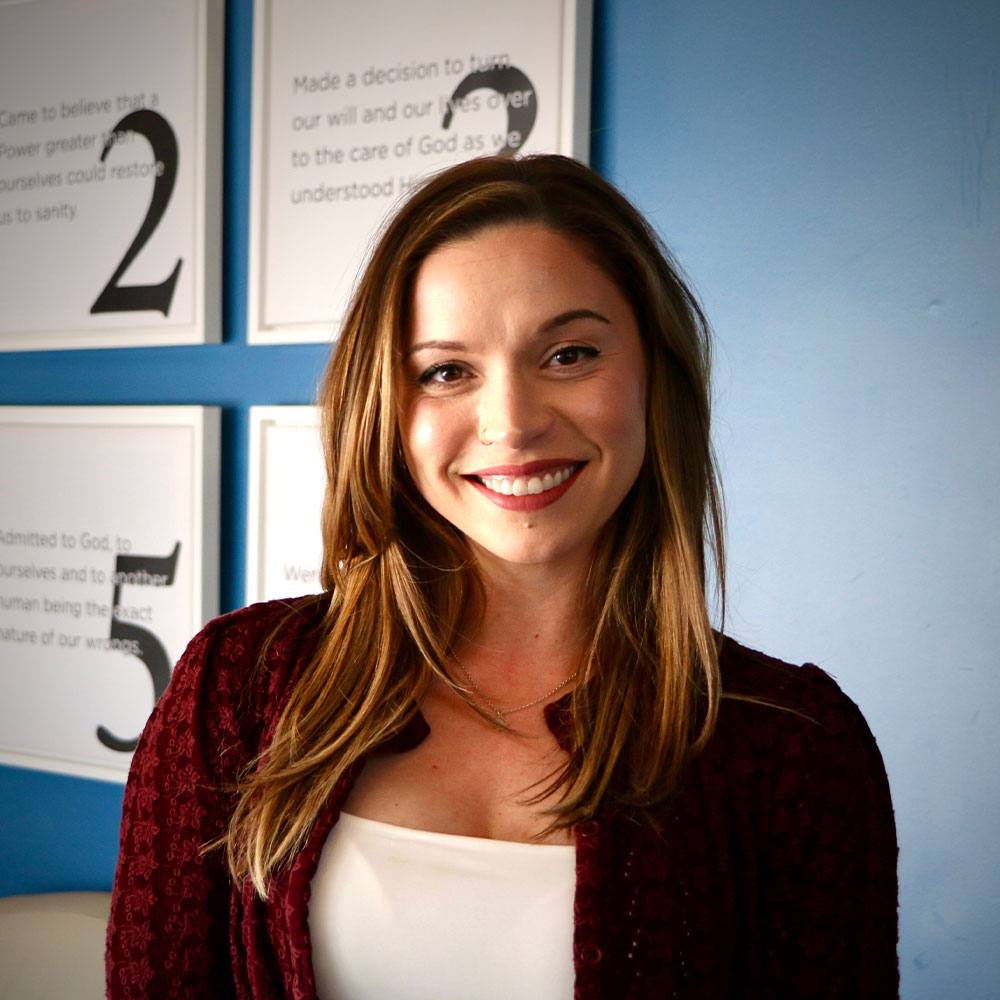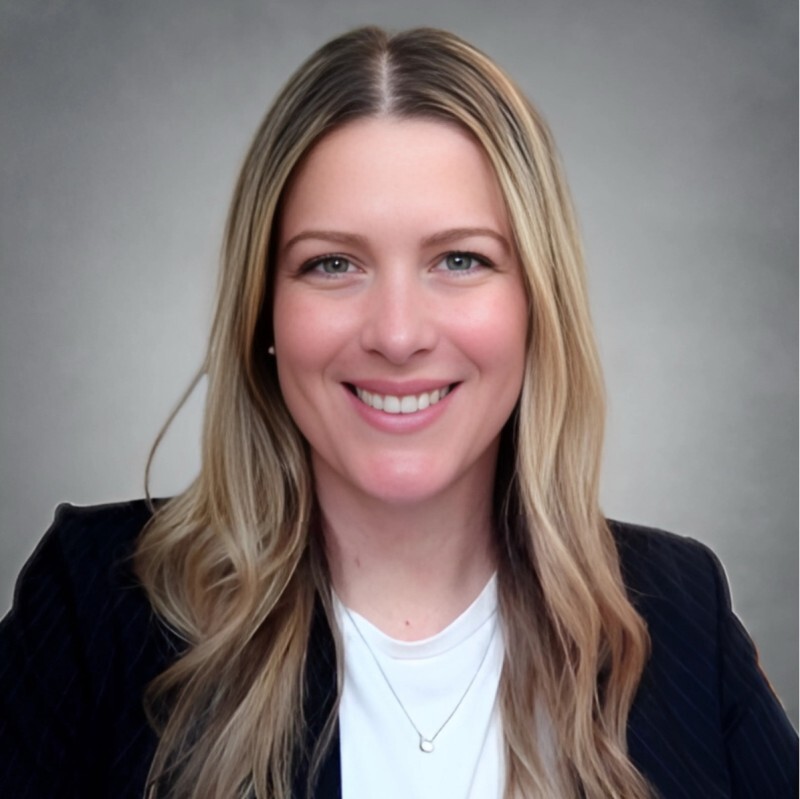Think the opioid epidemic is on its way out? Think again.
According to a recent report which analyzed data from the CDC, millennials are the most likely age demographic to die from alcohol, drug abuse, and suicide. The harrowing report showed that from 2007 to 2017, millennials who died from alcohol-related deaths increased by 69%. Even scarier is the rate of deaths caused by drugs rose by 108%, with the suicide rate increasing by 35%.
In other words, now is the right time to get your adult child the help he or she needs. Of course, your focus is solely on getting your child into addiction treatment. But once your child is in rehab, what do you do next?
The best way to support your Millennial in rehab is to stay involved in the treatment process, don’t be afraid to relinquish control, and gather supports. Here’s how you can do that:
Treatment for families, too
Addiction is a family disease; therefore, it’s no secret that family involvement is an essential part of the recovery process. Question is, how can you do that when your child is in residential care?
“The best addiction treatment facilities offer more than just family visitation; they offer specialized family programming, therapy sessions, educational seminars – they immerse the family into treatment,” says RCA’s Clinical Services. “Recovery Centers of America does all that, and offers Seeds to Recovery, a weekend retreat for families and their loved ones to heal together.”
Use these opportunities to have a better understanding of what your child is dealing with and how they need to heal. It’ll also show your child you support them and don’t blame them for their disease of addiction.
While these modalities are great for families, they’re meant for something else, too: Structure. It’s a delicate balance, ensuring your loved one knows you do not blame them for their disease, yet you need to keep some structure for yourself and for your family. Co-dependency or enabling behaviors can be difficult to spot. Treatment that includes the family will help you learn these behaviors, how to be angry at the disease not the person and fosters a healthy family dynamic.
Hand them the reins
There’s no doubt about it – you want your child to recover from his or her addiction, and you would probably do anything to make that happen. As a parent, it’s hard to not fix things for your child. But part of addiction treatment means your child has to take over responsibility for their life. We know, we know: How can they take the reins when their decisions haven’t been that great so far? After all, their decisions just landed them in rehab.
“Addiction is a disease. Your child didn’t wake up one day and decide, I think I’m going to ruin everything I have and love, and start up an addiction,” according to our experts. “To give up control and let your child live independently is one of the scariest parts about being a parent. But you have to. They have to be able to learn the skills necessary to live a life in recovery.”
Don’t worry – we’ll help you with that. As you child navigates the world of addiction treatment and eventually recovery, they’re learning who they are without drugs or alcohol. It might be someone you haven’t seen in a while or someone you’ve never met. Either way, it can be hard to swallow as a parent. With our programming and addiction specialists, we’ll help you navigate these waters, too. You aren’t alone in this struggle.
Don’t forget to give yourself a break
You’re feeling a lot of things right now, and that’s OK. Maybe some guilt, shame, anger, confusion, fear. Your worries haven’t gone away, but for now, you get a well-deserved break. Your loved one has gone from one crisis to the next in active addiction, to being in a medically-supervised healthcare facilities with nurses, doctors, therapists, and recovery support specialists. Now is the time to process your feelings and do some recovering yourself. It probably hasn’t been an easy road so far.
You may want to look into support groups – there are so many available to parents of kids with addiction. NAR-ANON has a 12-step program just for family and friends of people with substance use disorders.
“It’s important for you to find a support system, too,” according to our clinical experts. “You need to be strong for yourself and your child. Use this time to educate yourself, recover from what has likely been a difficult time, and come up with a plan for how you’ll adjust once your loved one leaves treatment. Now is when you recover on your own and then your family can recover together.”
Keep healing
Much like recovery is a journey, so is healing together as a family. The best addiction treatment facilities will help your family and your loved one heal during their time in inpatient, through outpatient, and as a member of an Alumni Association.
“It’s simple: When families and their loved ones stay in the treatment and recovery process together, patients are more likely to achieve and maintain long-term recovery. Our curriculum incorporates the 4 pillars for families and patients: connection, healing, knowledge, and hope. You can be scared but you can still find hope,” according to our clinical experts.
If your loved one has yet to enter addiction treatment, you likely have a lot of questions and concerns. Recovery Centers of America is here to help. Learn more about our family programming or our Seeds to Recovery program. We’re available to answer your questions, verify insurance, or send transportation to pick up your loved one and take them to treatment 24/7. Give us a call at 1-800-RECOVERY.







